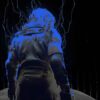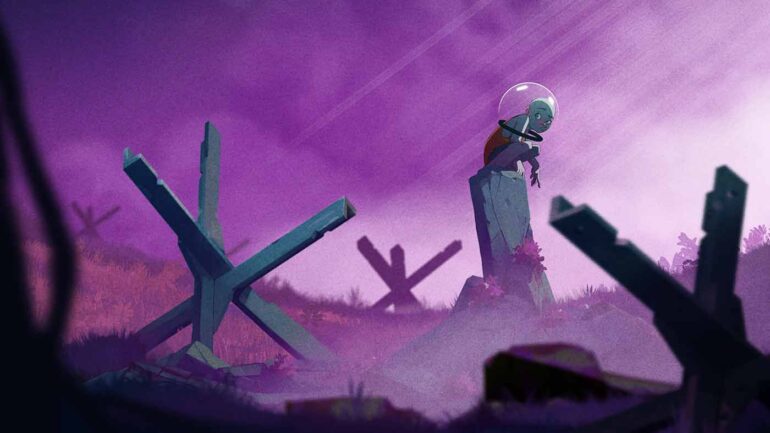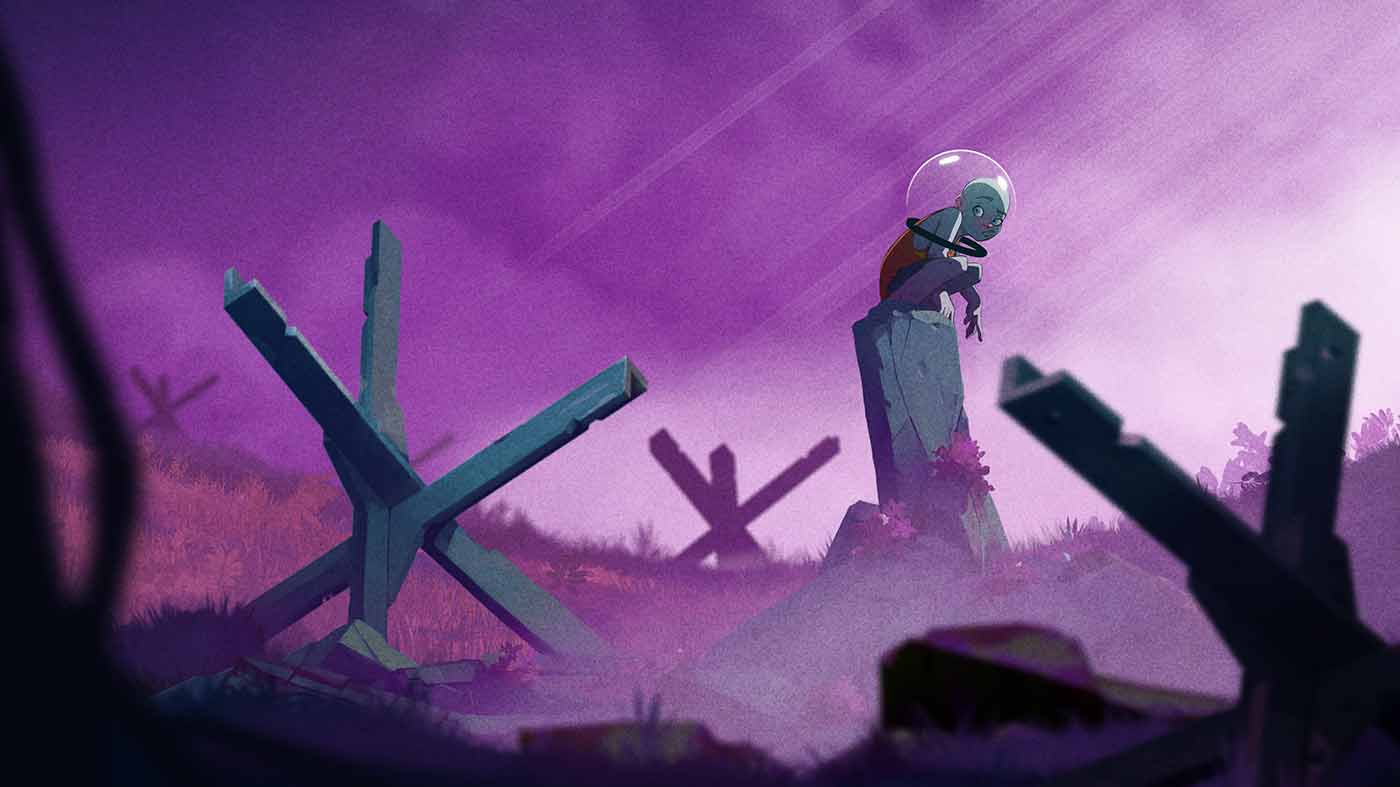Press Start may receive a commission when you buy from links on our site at no extra cost to you.
If I wasn’t already hooked by the promise of a return to the alluring world and intoxicating stylings of Golf Club Wasteland, Demagog Studio would have just as easily caught me with its major marketing beat for The Cub – a challenging parkour platformer inspired by the licensed side-scrollers of the 90s like Aladdin, The Lion King and The Jungle Book. That’s the good stuff right there.
In case it needs an introduction, this world that the studio has established across their previous game and now The Cub is one of a doomed Earth, no longer habitable and with the ultra rich having long since fled to Mars to establish a new society. Stuck down here are only the ruins of cities that once shone with the hubris of mankind, and all of the flora and fauna that deigned to adapt survive in this harsh new world. Including, against all odds, at least one small human child – seemingly able to tolerate the toxic atmosphere and now raised by a pack of wolves. If you have played Golf Club Wasteland, this child will hopefully be familiar to you as the story in The Cub is a direct link to that game.
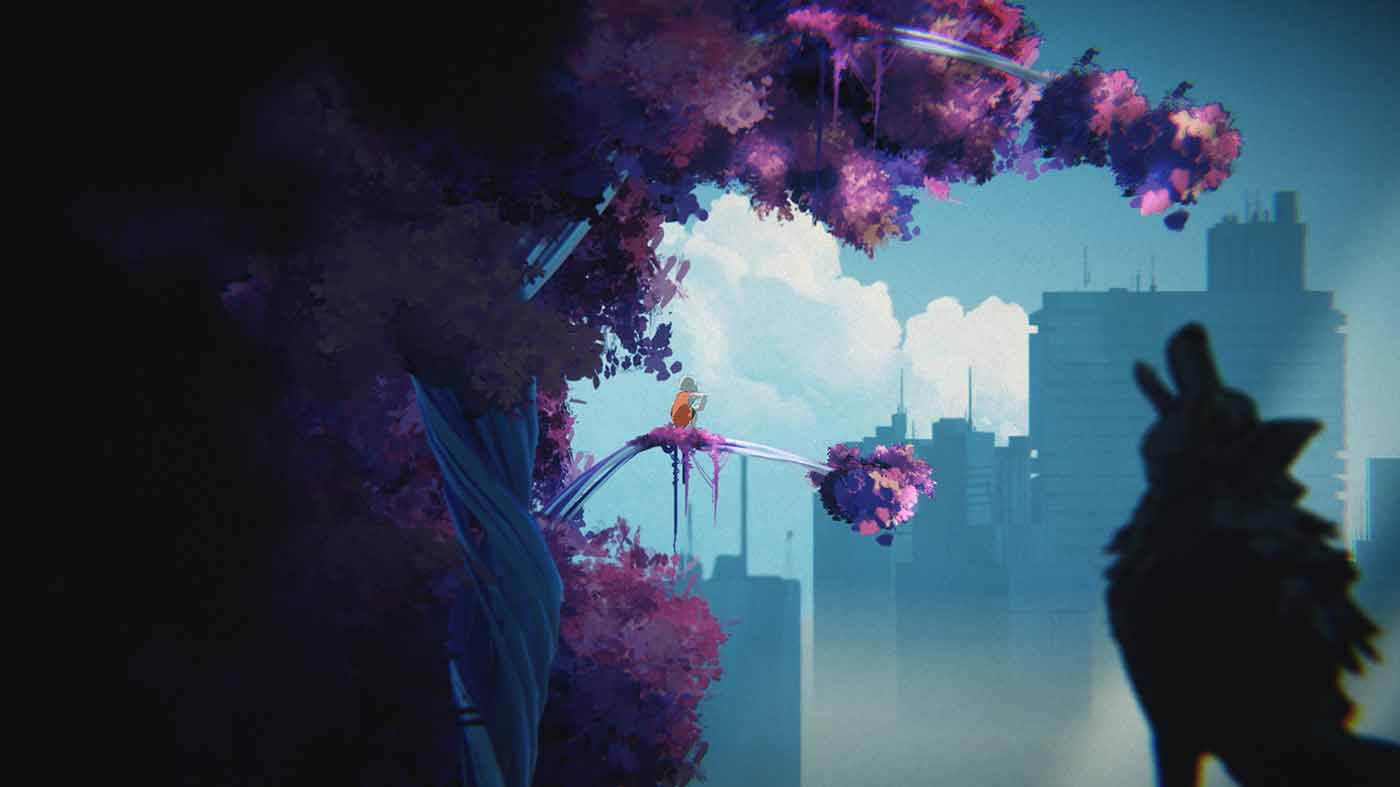
But without giving away too much, conflict in this game comes by way of some humans from Mars who return to Earth to do a spot of recon before discovering the existence of this living human. Naturally, the response is to hunt and capture the child, and so begins a thrilling trek across a number of hauntingly beautiful post-apocalyptic backdrops. Where GCW had players putt their away around levels, The Cub is a more straightforward platformer and one that lives up to that 90s SEGA inspiration with treacherous environments to navigate where a single misstep means death along with aggressive mutant wildlife and, of course, those pesky humans.
The child is frail and lacking modern concessions like a health bar, so instant failure looms at all times, though checkpoints are much more forgiving than in those rage-inducing Disney classics and the platforming itself feels solid and responsive most of the time. Crucially, the game’s brisk three-hour runtime churns through new ideas and challenges at a decent pace so that you’re never beating your head against the same wall for long. If you’re anything like me and played far too much of the Oddworld games on PS1 you’ll already feel well-versed in staying alive here with plenty of precise jumps and enemies that can only be quietly avoided but never defeated.
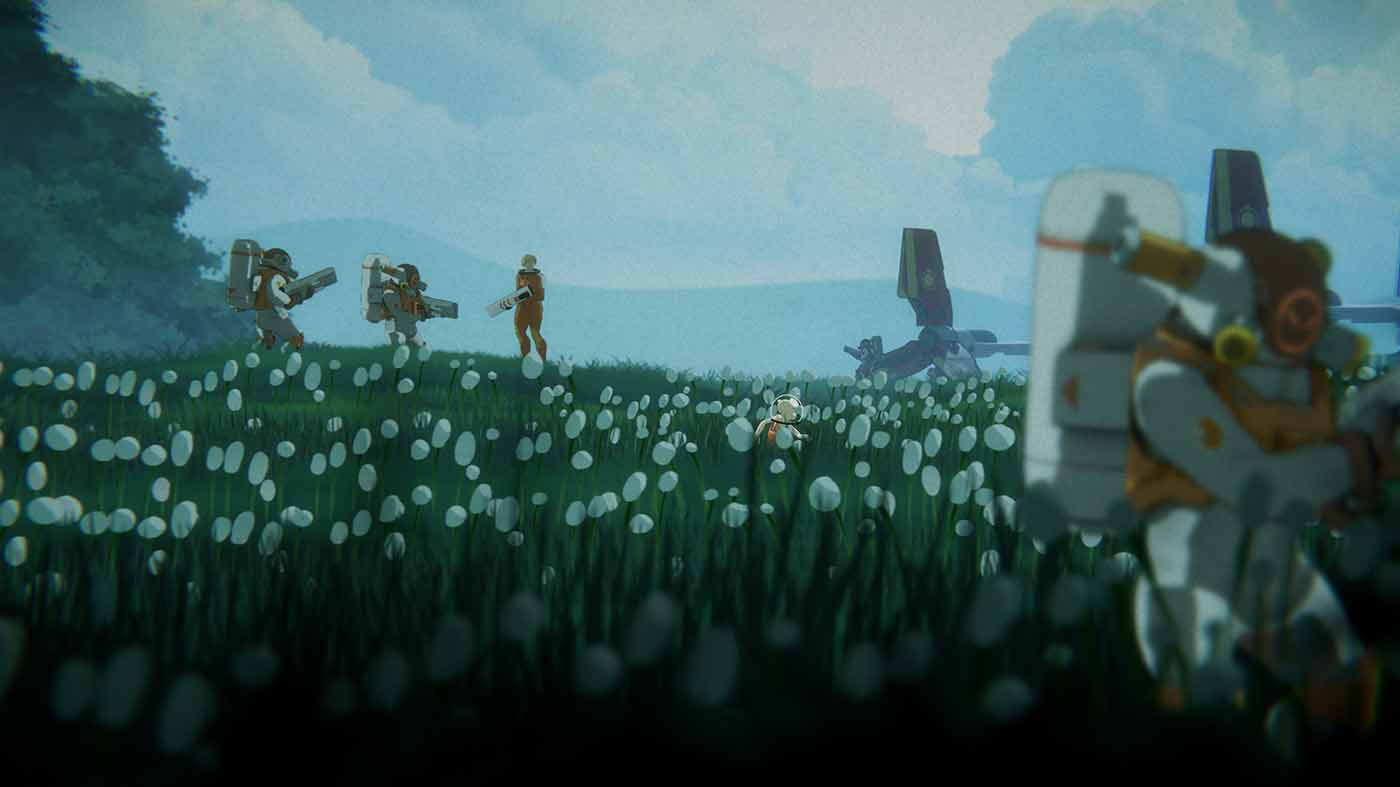
Throw in some light collectibles, major encounters with the three main humans that are hunting you down and plenty of incredible views rendered in a distinct style that mixes classic and modern visual techniques, and you’ve already got the recipe for a winning little game. But while the platforming is solid and the core story is intriguing, one of the biggest things that The Cub has going for it is the return of Radio Nostalgia from Mars.
Just like in Golf Club Wasteland, your entire time with the game is soundtracked by an ongoing radio broadcast from the red planet that features an eclectic mix of late-Earth tunes interspersed with presenter chatter, public service announcements and engrossing “survivor stories.” It worked wonderfully as a backdrop to golf and it works just as well behind your journey as The Cub. There’s just something incredibly grounding about a radio broadcast and Demagog knows how to craft a fictional one that I would absolutely, genuinely listen to at every waking moment in reality. It’s so neatly embedded in the world, too, coming through on a Martian helmet that the child finds on a corpse and proceeds to wear throughout – even cutting out when they go underground or sounding muffled during short swimming sequences.
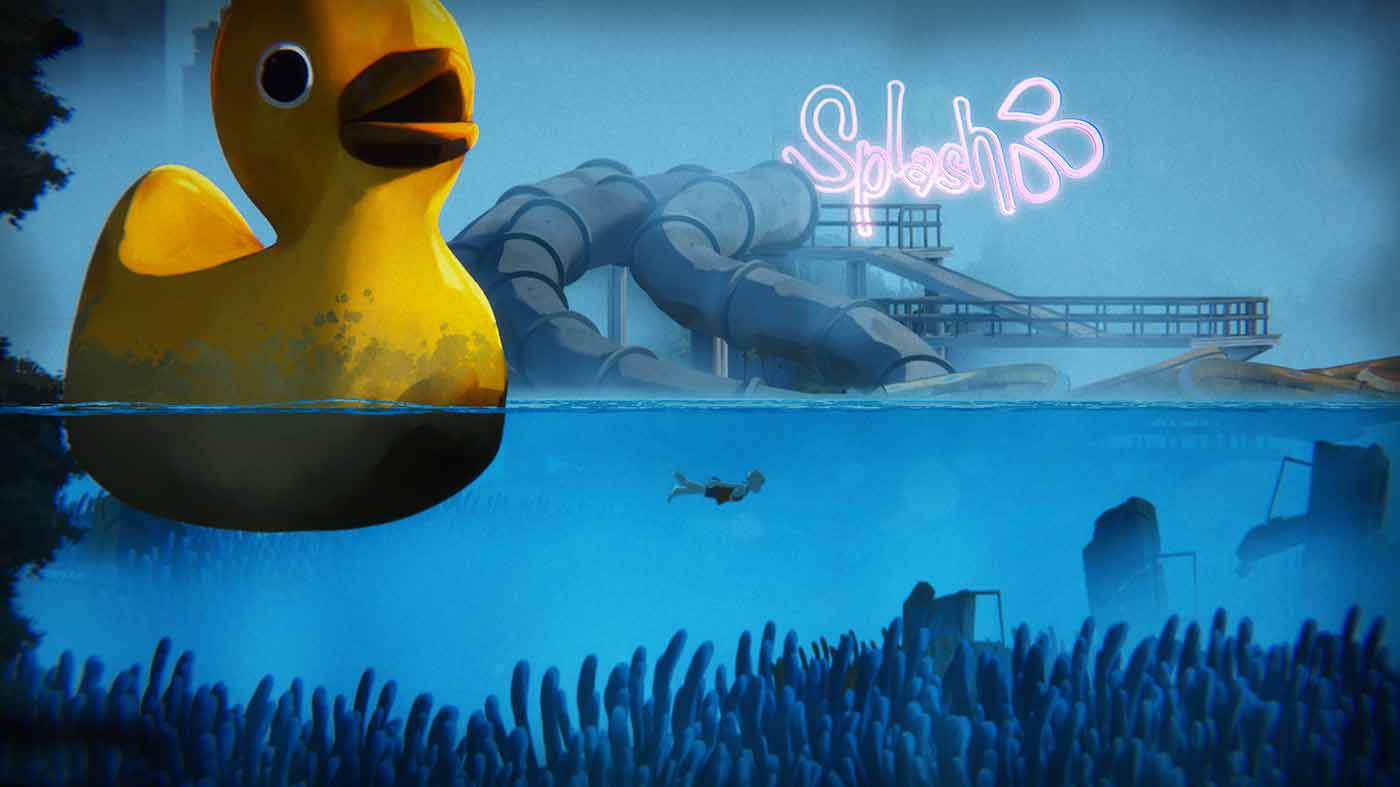
If Demagog Studio continues to make games like this, set in this world and with this distinct and entrancing vibe while playing around with different gameplay styles, you can bet I’ll be there every time. Though it’s short-lived and there are places it could be improved, like showing missing collectibles in the chapter select screen and tightening some sequences, it’s a fantastic way to spend an afternoon and a great take on those classic platformers it pays homage to.

